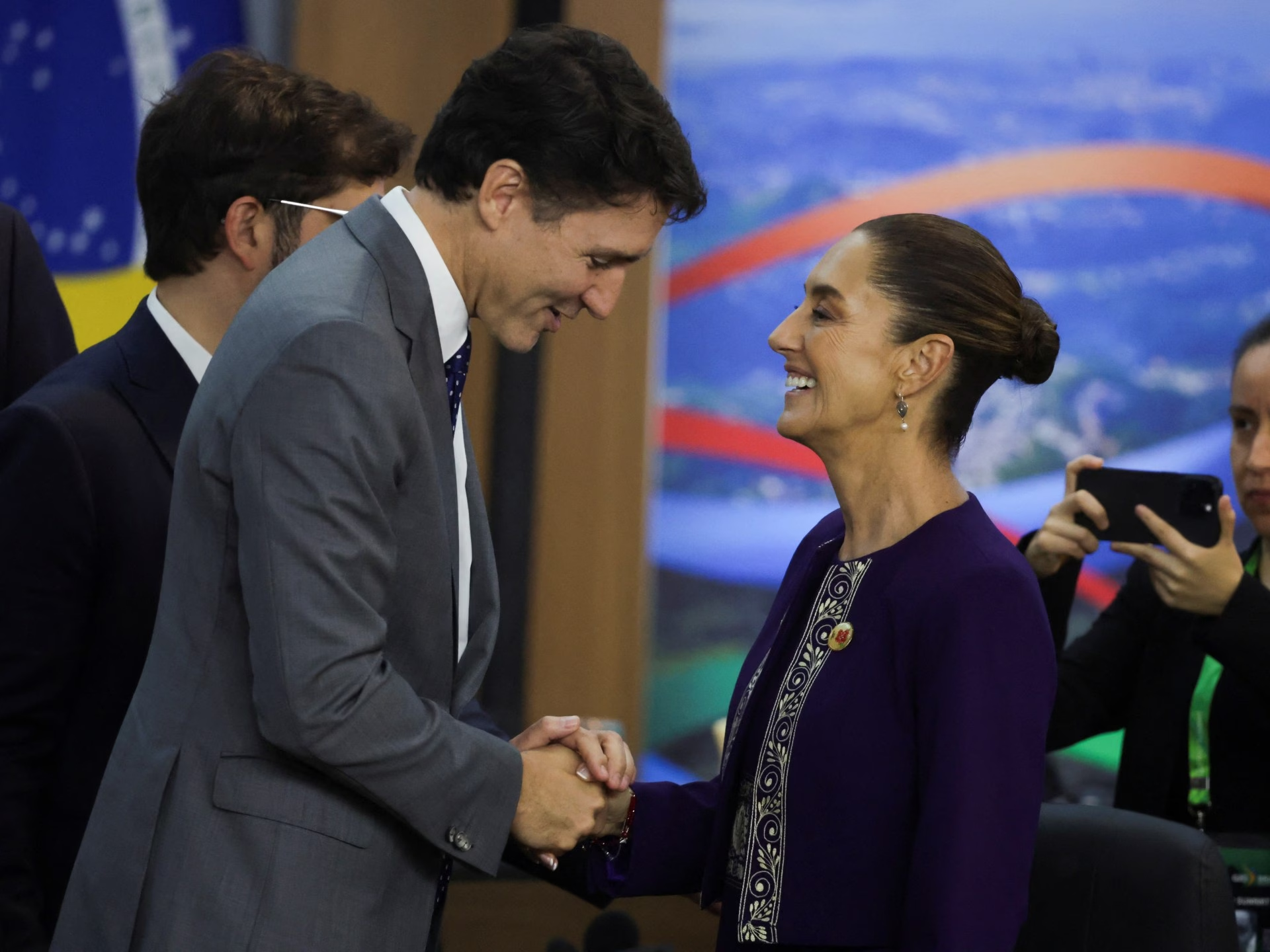On Thursday, Donald Trump, the president of the United States, introduced a temporary halt on tariffs for numerous imports from Mexico and Canada, lasting for a month. Initially, Trump had implemented 25 percent tariffs on almost every imported item from these countries.
The cessation of tariffs followed a phone call with Mexico’s president, Claudia Sheinbaum, after which Trump extended this reprieve to Canada. Specifics on affected products and future actions were detailed:
Trump authorized an exemption for USMCA-covered goods from Mexico and Canada, avoiding the 25 percent tariffs. This exemption takes effect at 17:01 GMT on Friday.
These tariffs had been enacted on Tuesday, following Trump’s initial announcement of 25 percent tariffs on all imports from Mexico and Canada, and an extra 10 percent tariffs on imports from China, in February. Originally scheduled to start on February 4, these tariffs were deferred by a month due to negotiations with Sheinbaum and Canadian Prime Minister Justin Trudeau.
Wednesday saw Trump temporarily exempt car manufacturers from these tariffs for a month.
The tariff pause announced on Thursday endures until April 2. Subsequently, Trump plans to enforce a worldwide reciprocal tariff system, where each trading partner will face equivalent tariff rates as those imposed on US goods.
A 25 percent tariff on steel and aluminum imports will still be implemented on March 12, affecting Canada and Mexico, particularly Canada, which is a major aluminum supplier to the US.
Trump justified his tariff halt on social media, citing respect for Sheinbaum and the productive US-Mexico relationship concerning undocumented immigration and fentanyl trafficking.
The USMCA, or the United States-Mexico-Canada Agreement, is a free-trade agreement trump’s first term, replacing the NAFTA in 2020.
For Mexico, the USMCA covers 49 percent of its exports worth approximately $249.7bn in 2024, providing significant but unspecified relief.
For Canada, the USMCA encompasses 38 percent of its exports (around $156.9bn in 2024), while energy products, subject to a separate 10 percent tariff, are not fully covered.
Mexico and Canada have responded diversely, with Sheinbaum acknowledging the mutual respect and collaboration, and initially planned retaliations now looking more like events celebrating the reprieve. Canada, on the other hand, maintains some retaliatory measures and has delayed further action until April 2. Political reactions vary, with Canadian Prime Minister Trudeau seeing a potential trade war and US Treasury Secretary Scott Bessent criticizing Trudeau’s stance.
Source: https://www.aljazeera.com/news/2025/3/7/trump-pauses-some-mexico-canada-tariffs-whats-exempt-and-whats-next?traffic_source=rss







